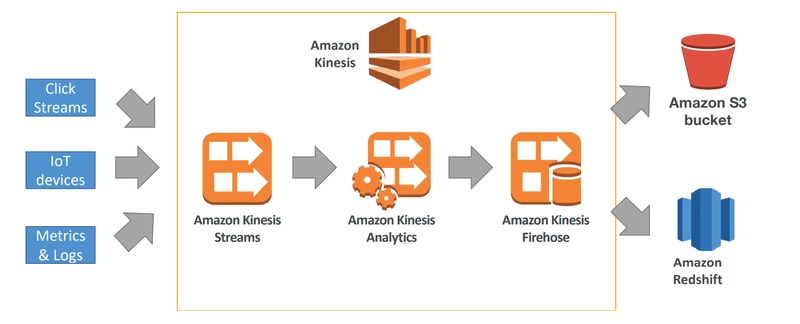Answer: What does this code do?
I previously asked what the code below does, and mentioned that it should give interesting insight into the kind of mindset and knowledge a candidate has. Take a look at the code again:#include #include #include #include #include #include #define BUFFER_SIZE (3ULL * 1024 * 1024 * 1024) // 3GB in bytes int main() { int fd; char *buffer; struct stat st; buffer = (char *)malloc(BUFFER_SIZE); if (buffer == NULL) { return 1; } fd = open("large_file.bin", O_WRONLY | O_CREAT | O_TRUNC, S_IRUSR | S_IWUSR); if (fd == -1) { return 2; } if (write(fd, buffer, BUFFER_SIZE) == -1) { return 3; } if (fsync(fd) == -1) { return 4; } if (close(fd) == -1) { return 5; } if (stat("large_file.bin", &st) == -1) { return 6; } printf("File size: %.2f GB\n", (double)st.st_size / (1024 * 1024 * 1024)); free(buffer); return 0; }This program will output: File size: 2.00 GBAnd it will write 2 GB of zeros to the file:~$ head large_file.bin | hexdump -C 00000000 00 00 00 00 00 00 00 00 00 00 00 00 00 00 00 00 |................| * 7ffff000The question is why? And the answer is quite simple. Linux has a limitation of about 2 GB for writes to the disk. Any write call that attempts to write more than that will only write that much, and you’ll have to call the system again. This is not an error, mind. The write call is free to write less than the size of the buffer you passed to it.Windows has the same limit, but it is honest about itIn Windows, all write calls accept a 32-bit int as the size of the buffer, so this limitation is clearly communicated in the API. Windows will also ensure that for files, a WriteFile call that completes successfully writes the entire buffer to the disk.And why am I writing 2 GB of zeros? In the code above, I’m using malloc(), not calloc(), so I wouldn’t expect the values to be zero. Because this is a large allocation, malloc() calls the OS to provide us with the buffer directly, and the OS is contractually obligated to provide us with zeroed pages.
I previously asked what the code below does, and mentioned that it should give interesting insight into the kind of mindset and knowledge a candidate has. Take a look at the code again:
#include This program will output: File size: 2.00 GB
And it will write 2 GB of zeros to the file:
~$ head large_file.bin | hexdump -C
00000000 00 00 00 00 00 00 00 00 00 00 00 00 00 00 00 00 |................|
*
7ffff000The question is why? And the answer is quite simple. Linux has a limitation of about 2 GB for writes to the disk. Any write call that attempts to write more than that will only write that much, and you’ll have to call the system again. This is not an error, mind. The write call is free to write less than the size of the buffer you passed to it.
Windows has the same limit, but it is honest about it
In Windows, all write calls accept a 32-bit int as the size of the buffer, so this limitation is clearly communicated in the API. Windows will also ensure that for files, a WriteFile call that completes successfully writes the entire buffer to the disk.
And why am I writing 2 GB of zeros? In the code above, I’m using malloc(), not calloc(), so I wouldn’t expect the values to be zero. Because this is a large allocation, malloc() calls the OS to provide us with the buffer directly, and the OS is contractually obligated to provide us with zeroed pages.
What's Your Reaction?



























